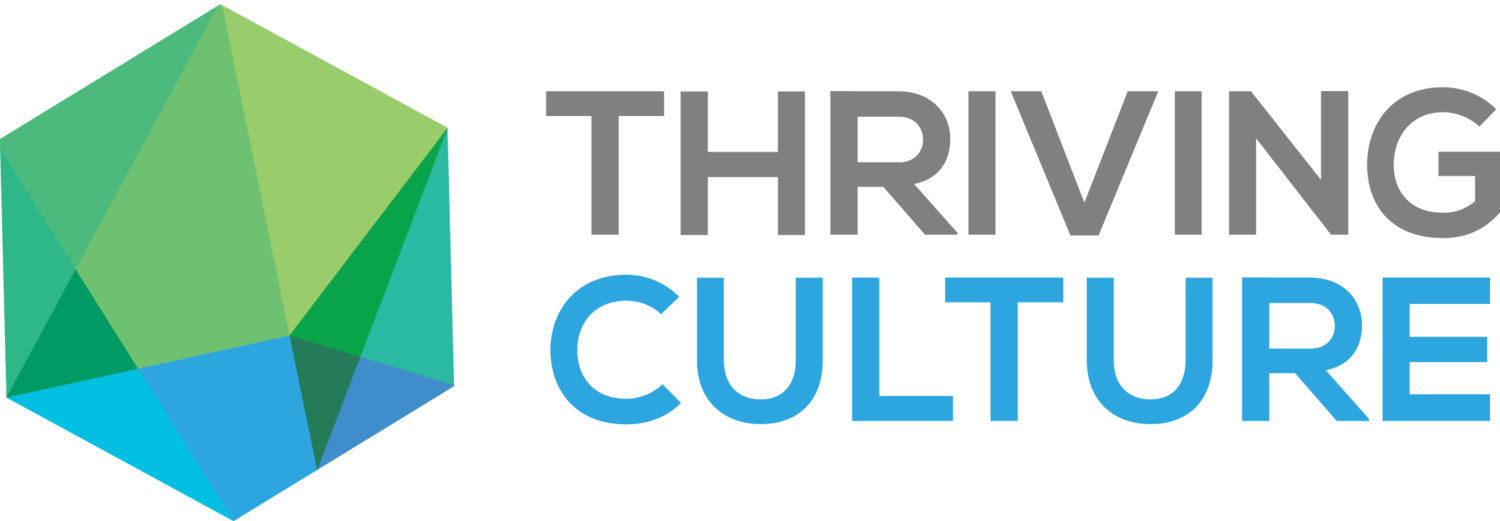
Without an expert guide, we often find out our missed opportunities years down the road.
Our Methodology
At Thriving Culture, we know that sustainable impact requires more than good intentions — it requires leaders, teams, and systems that thrive together. Our methodology is built on proven frameworks and years of global experience helping nonprofits, foundations, and mission-driven organizations succeed.
1. Leadership Cultural Intelligence (CQ)
We use Cultural Intelligence (CQ) as the foundation for leadership and organizational effectiveness. CQ equips leaders to engage differences, build trust across diverse teams and stakeholders, and unlock innovation by drawing on multiple perspectives.
2. Organizational Systems & Change
Healthy organizations require clear structures and adaptable systems. We assess your leadership pipeline, governance, strategy, and employee lifecycle to identify strengths and gaps. Then we design practical, research-based strategies that strengthen resilience, capacity, and long-term growth.
3. Evidence-Based Tools
We bring over 50 tools for assessing and developing leaders and organizations. These tools measure everything from cultural intelligence and psychological safety to leadership readiness and organizational health. Each tool is customizable and designed to produce actionable insights.
4. Innovation & Future Readiness
We prepare organizations to thrive in complexity by integrating innovation and technology into leadership and operations. This includes guiding nonprofits in leveraging artificial intelligence responsibly to increase productivity, reduce costs, and expand mission capacity.
The Result:
A practical, repeatable process that equips leaders, aligns teams, and strengthens organizations — so your mission goes further and your impact lasts.
Elements
Assessment
Organizational assessments often look at internal processes and outcomes. It is often useful to look deeply at decision-making: What information do decision-makers get and from whom? Which voices or sources of information have credence? Whose perspectives have the most credence? What gets discounted or devalued in the process? How are decisions communicated? What are the impacts of current decision-making processes, and do they vary by racial/ethnic group within the organization or among the external groups?
Organizational Learning
Research shows that 80% of the organizational culture reflects leadership dynamics. The leader, as well as the organization, has learned something. Often, that something needs to be pin-pointed through-root cause analysis, unlearned, and the new learning must be sustained. Organizational Learning supports professional and career development, leadership development and culture change initiatives.
Cultural Intelligence
Cultural intelligence (CQ) is a critical part of setting yourself apart in today’s globalized world of artificial intelligence, machine learning, and innovation. It’s the ability to relate and work effectively with people from different cultural backgrounds and it goes beyond existing notions of cultural sensitivity and awareness. With cultural intelligence, you’ll know how to strategically use cultural differences to come up with more innovative solutions.
Organizational Change
Assessment tells you where you are. But where are you going? And more importantly, how are you going to get there? Will you use Kotter’s change model? And how do we gauge which strategic priorities will be the right ones to pursue now? What is the current urgency? How does our socio-political context impact our urgency. TC will provide organizational change frameworks that will give you confidence in your decision
Accountability
Accountability through line of authority ensure that ongoing work and new initiatives turn into organizational culture. There is considerable evidence showing that organizations with successful change programs have two key components: genuine, organic, interest of at least 10% of non-managerial staff and a demonstrated commitment of executive staff, most importantly the head of the organization.
Organizational Cultural Intelligence
Organizational Cultural Intelligence started in 2010 when CQ was beginning to turn from individual assessment to organizational. OrgCQ is defined as the organizational capability to function effectively in various diverse interactions. OrgCQ provides fertile ground for all work in this interconnected world.
